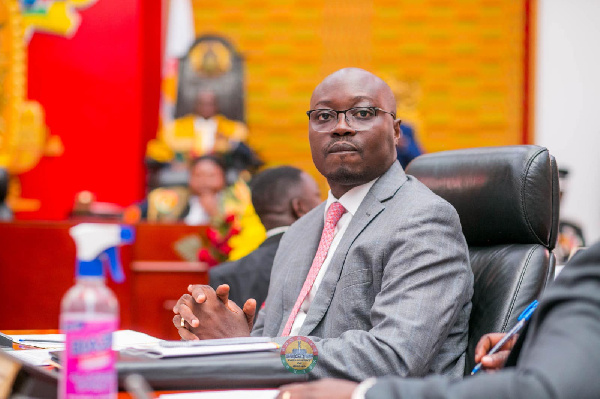The World Bank has sounded the alarm on Ghana’s fiscal challenges, attributing them to weak budget discipline and unchecked public expenditure, which have led to mounting interest payments and tighter financial constraints.
In its latest Public Finance Review, the Bank highlights that excessive election-year spending, costly bailouts in the financial and energy sectors, and pandemic-related expenditures have placed severe strain on Ghana’s fiscal space, leaving limited room for productive investments.
Government expenditure has persistently outpaced GDP growth, with nearly 70% of total spending between 2010 and 2023 absorbed by public sector wages, interest payments, and statutory transfers.
As borrowing costs surged, rising interest payments have crowded out critical capital investments, undermining infrastructure development and economic expansion.
The report urges Ghana to reset its fiscal trajectory by enhancing domestic revenue generation, streamlining tax exemptions, and enforcing stricter expenditure controls.
Without deeper reforms, the Bank warns, the country risks reversing recent economic gains and prolonging financial instability.






